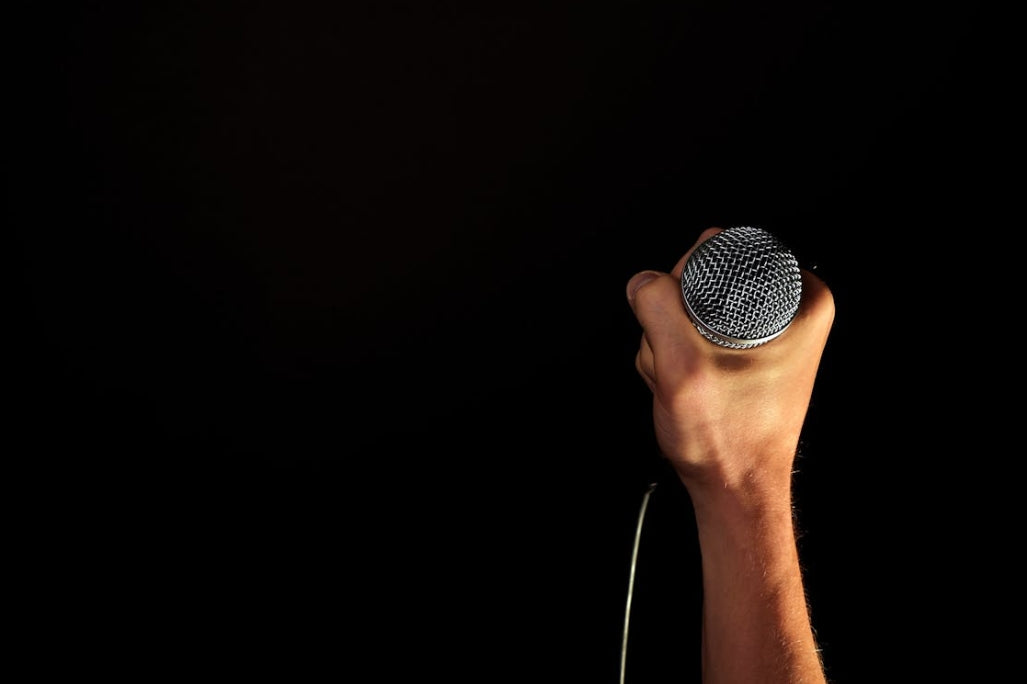Whether you're aiming to lose weight or simply pursuing a healthier lifestyle, you've likely heard the advice to "eat until you're 80% full."
The benefits of stopping eating at the 80% full mark have been repeated ad nauseam, but have you ever wondered:
😮 What exactly does it feel like to be 80% full? How can I determine if I've reached that point?
🤔 Since everyone's sensation of fullness varies, is it based on subjective feeling, or are there objective standards to measure by?
😵💫 For those with busy schedules, who might skip meals when pressed for time and then feel ravenous enough to eat a horse when they do eat, should they still aim for 80% fullness?
Today, let's clarify the concept of "80% full" once and for all!

Stop Eating When You Feel 80% Full.
Based on the stomach capacity of most people, it's indeed possible to "calculate" that a stomach filled to 70-80% would require about 800-1200 milliliters of food (by volume).
This food should include a proper mix of whole grains, high-quality protein, and high-fiber vegetables.
However, in reality, everyone's subjective experience of "fullness" and "hunger" is different. Relying solely on physical quantity might leave some people feeling stuffed while others still feel unsatisfied.
The feeling of 'fullness' has a delayed response.
When you eat, your stomach begins to contract to accommodate the food. At the same time, nerves send signals to the brain to start reducing the secretion of ghrelin, the hunger hormone. These signals collectively inform the brain to stop eating, and only then do you realize, often retrospectively, "Ah, I'm full."
This neurological reflex has a "delayed reaction," which is generally believed to take about 20 minutes.
So, many people might have already reached the 80% full mark but continue to eat subconsciously because their brain still perceives them as hungry. Moreover, those who eat too quickly might overeat due to this delay.
Therefore, it's best to eat a little slower and stop eating when you feel you've reached the 80% full mark to avoid overindulging.
I've found some descriptions from nutrition professionals about different levels of fullness, which you can refer to:
Five-tenths full: No longer hungry, but could still eat.
Six-tenths full: Starting to feel full, but still want to eat my favorite foods.
Seven-tenths full: Basically full, and even the taste of my favorite foods is becoming ordinary.
Eight-tenths full: My stomach feels full.
Nine-tenths full: My stomach starts to feel bloated.
Ten-tenths full: Stuffed to the point of discomfort and stomach pain.
The key is to stop when you feel right, from "extremely hungry" to "80% full."

Gradually Find and Adapt to the Feeling of Being 80% Full.
Generally, adults feel full at about 1000-1500 ml, while the stomach's maximum capacity can reach around 3000 ml (not recommended to test this limit 🤫).
According to the Chinese Nutrition Society, the recommended daily intake for light physical laborers is 2250 kcal for men and 1800 kcal for women.
This means that if you've had an intense strength training session or a day of hiking, your body will naturally want to eat more, and the "80% full" mark will differ slightly from your usual amount.
When it's hard to judge by quantity, here are some "cheat" tips to help you better gauge the 80% full feeling:
✅ Develop the habit of "chewing slowly and thoroughly" (ideally, chew each bite at least 5 times).
✅ Extend mealtime, allowing 15-20 minutes for a meal.
✅ Drink water half an hour before meals and consume more soups and porridges that are high in water content.
✅ Eat more foods high in dietary fiber, such as mushrooms, vegetables, and foods that increase the feeling of fullness (learn more about high-fiber foods in this article).
These methods can help control food intake while allowing the body to feel full sooner, preventing overeating.

You Don't Need to Force 80% Fullness, But Trying This Approach to Eating Is Recommended
In fact, if you can't stop yourself when you're 80% full, it's probably not entirely your fault.
Sometimes, when work and study are too busy, and the time allotted for meals is already limited, the pace of life becomes faster, and the act of "eating" is more likely to be neglected, becoming irregular.
Once you develop a habit of skipping breakfast, making do with lunch, and overeating at dinner, it can lead to a vicious cycle. Even at the end of the day, stress and fatigue can lead to psychological dependence on food, binge eating, and emotional eating.
Some people, in an effort to control their intake, deliberately maintain dietary practices like not eating after noon or intermittent fasting. Over time, this can lead to a loss of control over appetite and a diminished ability to sense fullness.
Irregular eating habits can even lead to a disruption in the gut's immune system (being inactive when it should be active, and overly tense when it should be resting), potentially causing chronic inflammation in the intestines, which can affect the body's digestive and absorptive functions. Issues such as obesity, blood sugar, cholesterol, and blood pressure may subsequently arise.
However, sayings like "Three parts exercise, seven parts diet" and "Man is iron, rice is steel" emphasize the importance of "eating well."
Here are three small suggestions from me:
Even if you don't have the need to lose weight or increase muscle mass, consider trying these tips the next time you eat:
- Learn mindful eating: Mindful eating involves focusing on the food and your feelings while eating, being more attentive to the coordination of all your senses, and finding the sense of fullness that eating provides.
For example, a Zen master described how he eats an orange mindfully:
Peel the orange, feeling the juice that shoots out in an instant, and smell its fragrance as it fills the air. Then, take a segment of the orange, place it in your mouth, and chew slowly, focusing on every action of your teeth biting and crushing, your tongue moving it, until it's almost liquefied, and then swallow it down through your esophagus.
Redefine the concept of fullness:
After each meal, ask yourself if you are "satisfied," rather than if you are "full."
- The goal of being 80% full is to eat until you're "not hungry," not until you're full.
Train your hunger and fullness cues:
- The body and brain prefer to digest and process food at fixed times each day.
So, even when work is busy, try to maintain a regular meal schedule every day. This can help you more clearly perceive your body's hunger and fullness cues and assist in promptly conveying this information to your brain, forming a bodily memory.
In summary, "eating well" doesn't mean meticulously calculating the nutrition and calories of every bite you take, but rather maintaining a good relationship with the act of "eating."
Starting today, treat every meal as an important event and find and cultivate a long-term sense of being 80% full.



